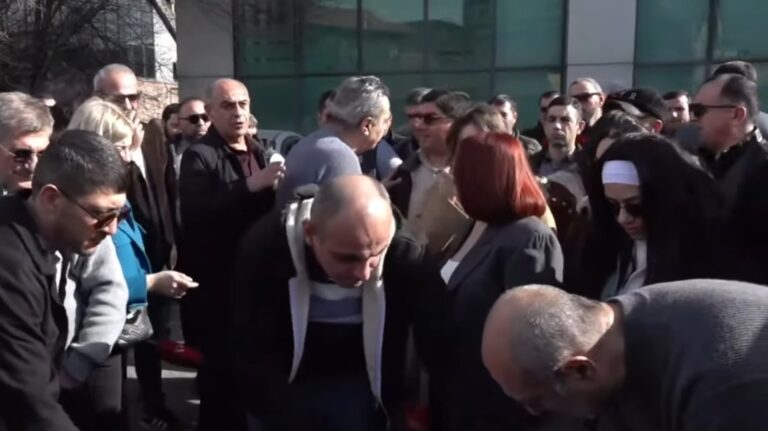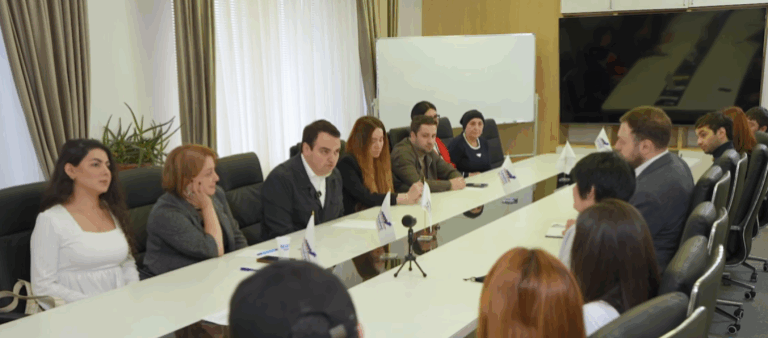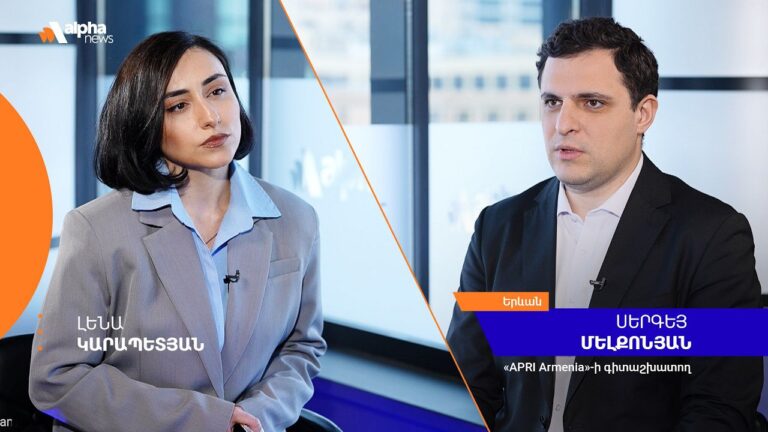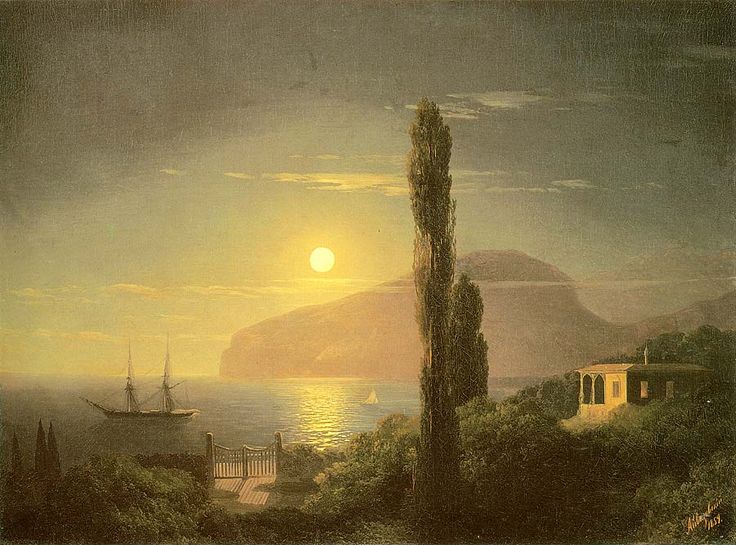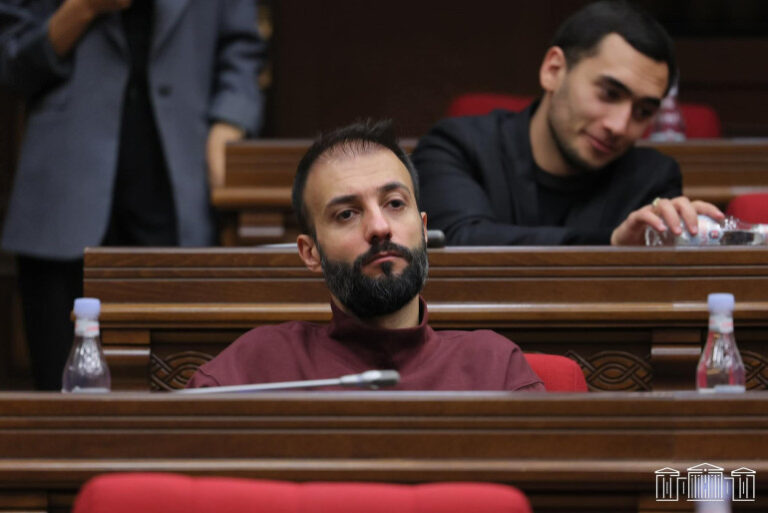Has the point of no return in relations between Armenia and Russia been passed?
May 07 2024, 15:25
Even amid Bagrat Srbazan’s march to Yerevan and reports that on May 7, Nikol Pashinyan will give a press conference, the information that Nikol Pashinyan will not attend Vladimir’s inauguration has not been left without public attention.
Of course, the authorities present this as “Pashinyan’s aspirations to defend Armenia’s sovereignty”, but there is an important nuance in the situation. As Armenian newspapers reported earlier, participation in the inauguration takes place in accordance with the invitation from the Kremlin. If Nikol Pashinyan, who took part in the inauguration of Erdogan, does not participate in Putin’s inauguration, then most likely he was simply not invited.
However, this situation once again makes us ask the question: has the point of no return in relations between Armenia and Russia been passed? To some extent, the answer to this question can be given by a recent survey conducted by Gallup. The answers of citizens to questions about the common past with Russia and the attitude towards May 9 show very interesting layers in our public perception of Armenian-Russian relations.
The goal is to convey to Russia that, even in conditions of total anti-Russian propaganda (when the priest is called KGB agents from the rostrum of the National Assembly) and when, in the best traditions of George Orwell, reality is turned upside down—the enemy is presented as an ally and a potential guarantor of security, while a strategic ally is described as an enemy—a large part of Armenian society quite adequately analyzes reality, and in the case of at least minimal effective work with Armenian society, the picture can drastically change. What does it mean?
According to the Gallup survey, 71% of Armenian citizens consider May 9 (Victory Day over Nazi Germany) to be an important date. In addition, more than 55% of the country’s population collectively considers the existence of a common Soviet history between Armenia and Russia to be a positive factor.
Imagine what the figures would be if, instead of deceiving Armenian society, the authorities really worked and conveyed to it the importance of strategic allied relations with Russia since stable Armenia is a huge factor in ensuring the stability of the entire South Caucasus, which in turn allows Russia to enjoy the luxury of having a stable South Caucasus.
The same survey shows that a significant part of the population does not hate Russia, let alone disrespect the common past. Another thing is that no one has been working on building a bright future based on the past for a long time, both in Russia and in Armenia.
The starting point for the formation of a new agenda, or even, if you like, a new philosophy of Armenian-Russian relations, should be the realization that the interests of the two states do not contradict but complement each other.
The modern Armenian state, with a developed infrastructure, a strong army, and a developing economy, is an integral guarantor of compliance with Russia’s absolutely obvious and legitimate interests in the region. At the same time, it is important that a strong, strategic Armenian-Russian military, political, and economic union can also guarantee the peaceful existence of the Armenian people and the prosperity of the Armenian state. These two factors complement and enrich each other.
Besides, strategic and allied relations with Russia should not be confused with relations of a vassal nature. Russians do not need a vassal because, in the 21st century, keeping a vassal is too expensive. Decent cooperation is mutually beneficial for both sides. A strong Armenia and a strong Russia are absolutely natural allies.
Think about it…

